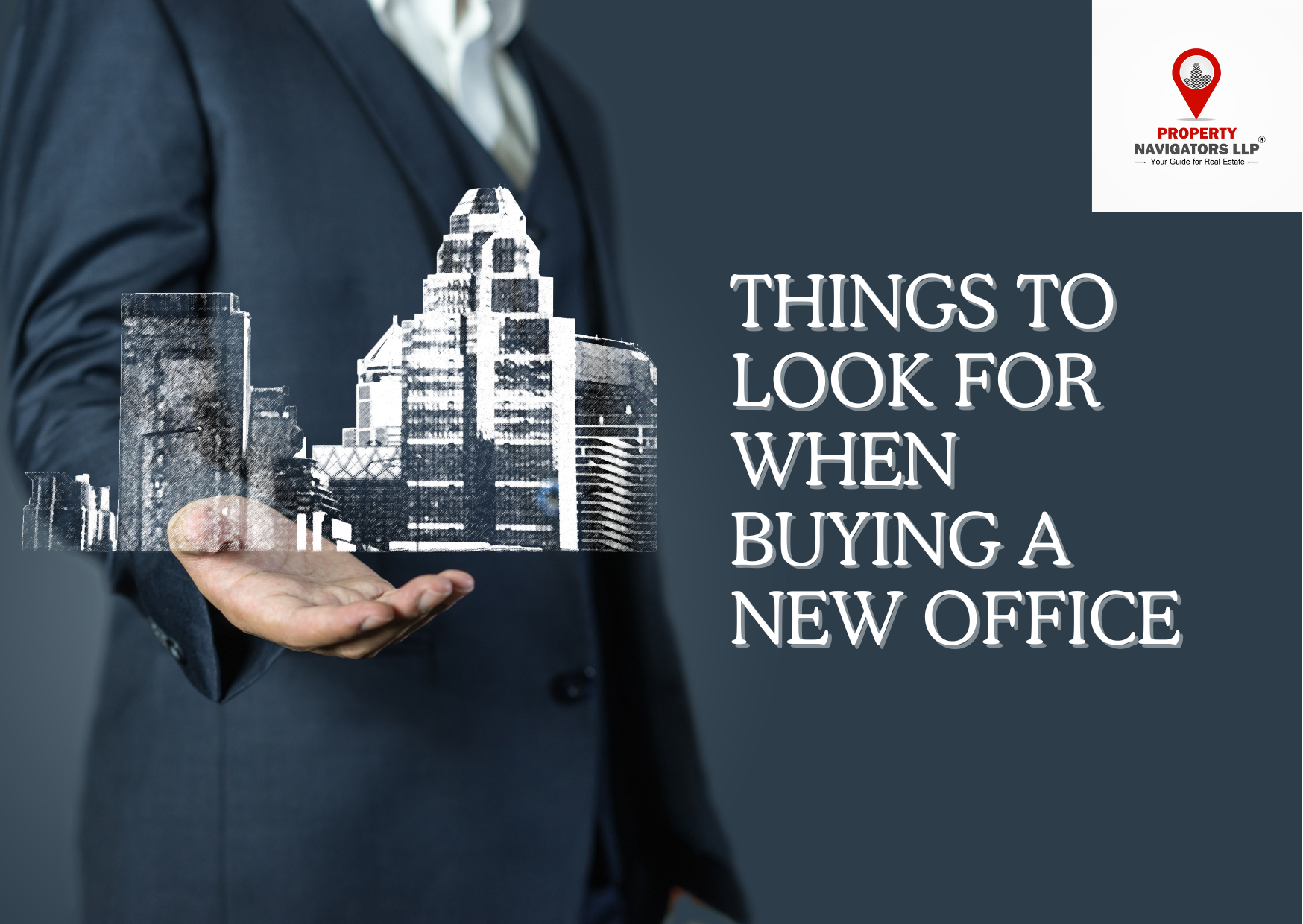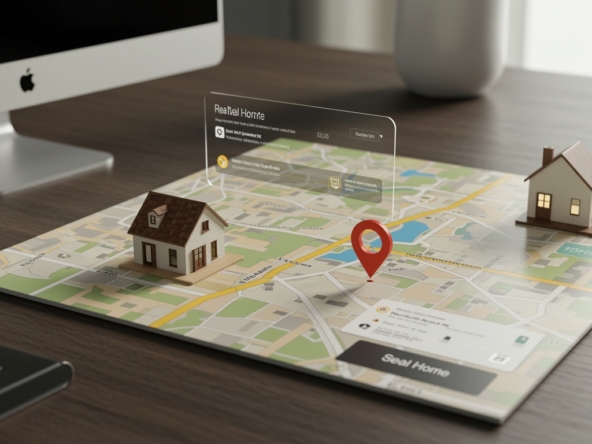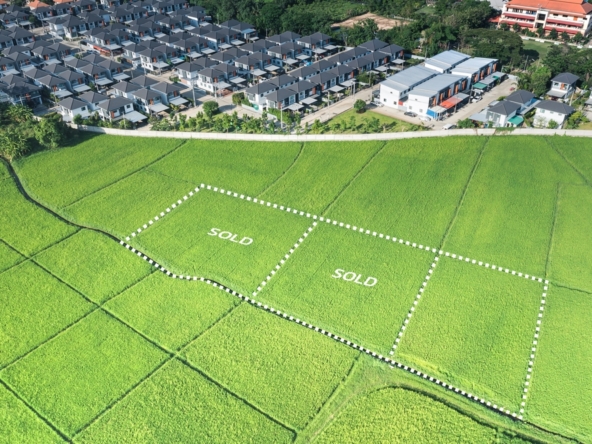Finding the right office space is a big decision for any business. It’s more than just four walls and a roof — your office will shape your team’s productivity, impact how clients perceive your brand, and play a vital role in long-term growth. While many factors apply to general real estate, purchasing commercial property for office use comes with unique considerations.
If you’re exploring options for your new office, here are the most important aspects to look out for:
1. Location That Fits Your Business Needs
For an office, location isn’t only about prestige — it directly affects accessibility and convenience. Employees should be able to reach easily, preferably through well-connected roads, public transport, or nearby metro stations. A location surrounded by cafés, restaurants, banks, and essential services makes daily work smoother and more efficient. Additionally, the neighborhood you choose becomes an extension of your brand. A premium business district can impress clients the moment they arrive, while an area with poor connectivity or amenities may give the wrong impression.
2. Building Infrastructure and Amenities
A commercial property must support the technical and operational demands of an office. Reliable high-speed internet, strong power backup, and 24×7 security are non-negotiables for smooth operations. Parking is another critical factor — both employees and visiting clients should find it convenient. Modern commercial buildings also offer elevators, well-maintained lobbies, meeting rooms, and cafeteria facilities, all of which create a professional work environment. Skipping this check may result in constant disruptions once you start using the office.
3. Floor Plate and Layout Flexibility
The physical structure of the office matters as much as the location. A well-planned floor plate allows you to design efficient workspaces, from open seating for teams to private cabins and conference rooms. Natural lighting and ventilation also contribute to employee comfort and productivity. Importantly, businesses should think long-term — if your company grows, will the office layout allow expansion without a complete overhaul? Buying a space with flexibility ensures that the office evolves along with your business.
4. Legal Compliance and Approvals
Commercial spaces come with specific legal requirements, and overlooking them can create serious problems. The property should have commercial land-use approval and a valid Occupancy Certificate from local authorities. Fire safety compliance and other statutory clearances must also be in place. Equally important is checking that the property has a clear legal title, free from disputes or encumbrances. Ensuring compliance in advance saves you from regulatory issues, penalties, or unexpected disruptions in the future.
5. Maintenance and Operational Costs
The purchase price is only part of the investment. Commercial spaces usually involve regular maintenance charges for upkeep of common areas, lobbies, security, landscaping, and utilities. Some buildings also levy additional charges for HVAC systems, water supply, or facility upgrades. Before buying, it’s wise to review these costs in detail to avoid surprises. A slightly higher upfront cost in a well-maintained building often proves more economical in the long run than a low-cost property with high ongoing expenses.
6. Future Growth Potential & Resale Value
An office purchase should not just meet your current needs but also hold value as an investment. Look for spaces in neighborhoods that are developing into business hubs or attracting corporate tenants. A property located in such an area is likely to appreciate over time and can fetch strong resale or rental value if you decide to move in the future. Buying in a stagnant or declining location, on the other hand, may limit both growth and financial returns.
7. Developer Reputation and Building Occupancy
The reputation of the developer plays a significant role in ensuring construction quality, timely delivery, and reliable building management. Established developers also attract better tenants, which improves the overall profile of the building. It’s worth checking what types of businesses already operate in the complex. A mix of professional firms, startups, and established companies signals a healthy business ecosystem and creates a more vibrant, collaborative work environment.
Final Thoughts
Buying a new office space isn’t just about square footage — it’s about ensuring the property matches your current needs while supporting your future business vision. From infrastructure to compliance and growth potential, every detail plays a role in shaping the success of your investment.
At Property Navigators, we help businesses find the right commercial properties that perfectly align with their requirements. Explore our curated listings of premium office spaces and let us guide you to your next business address.




